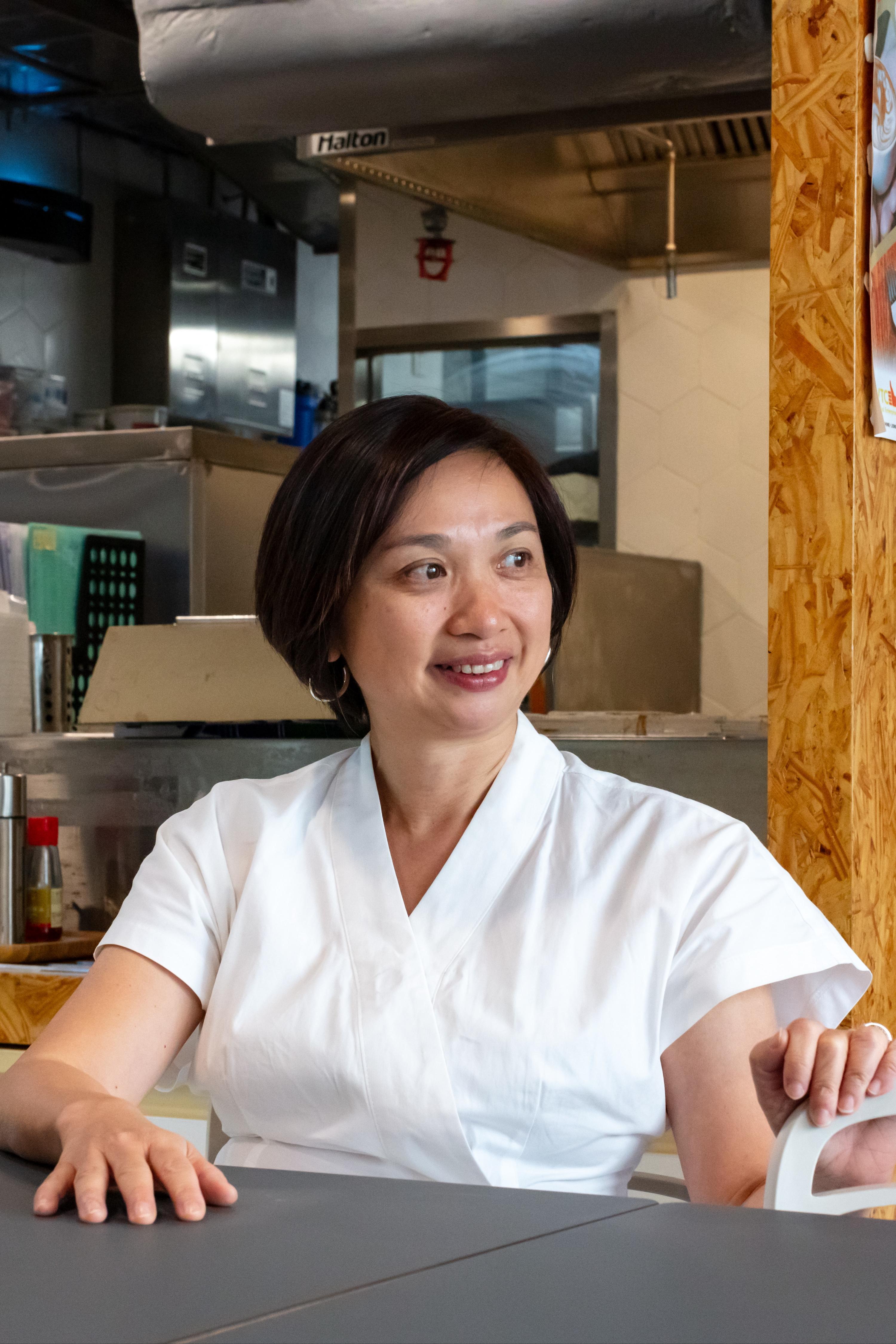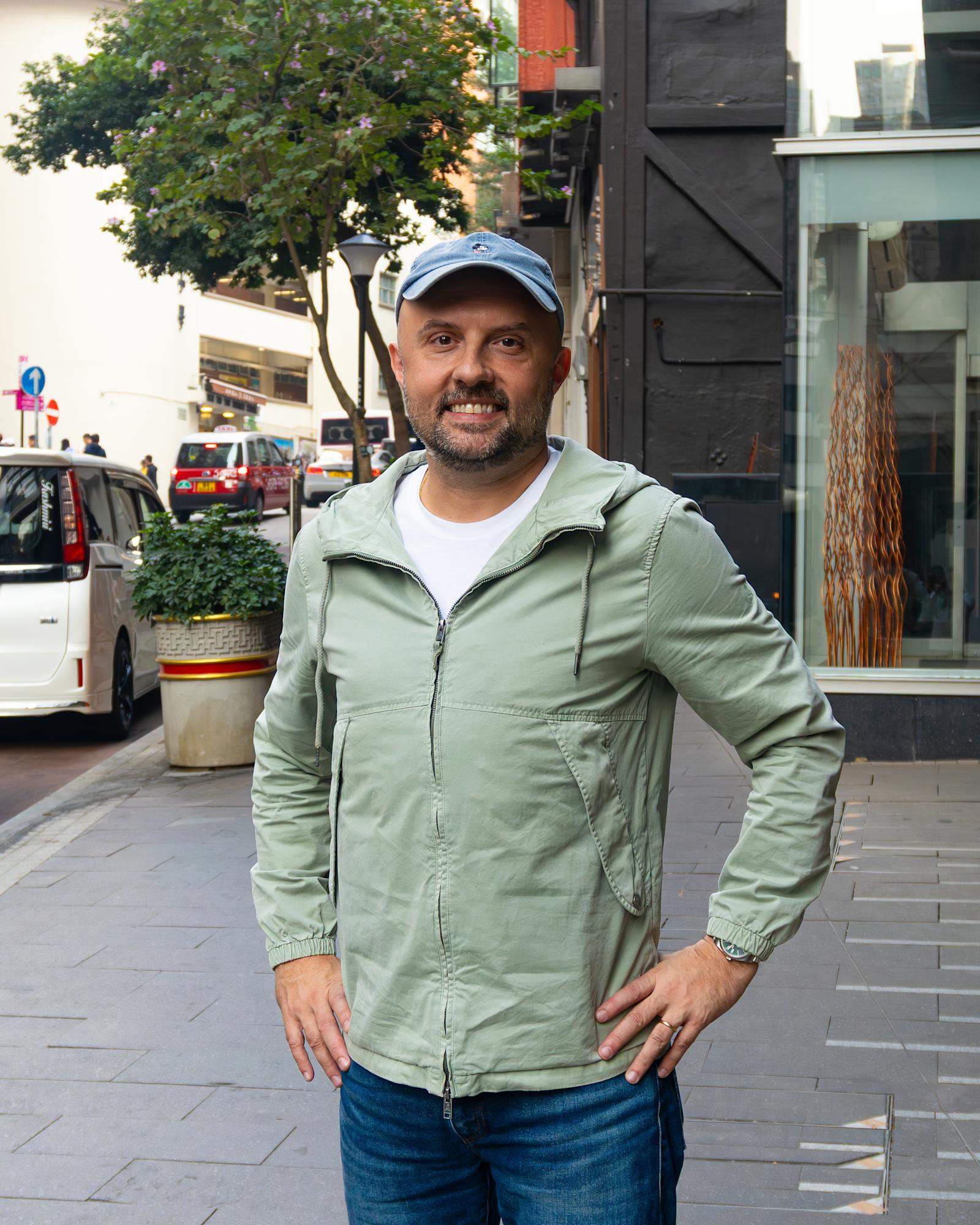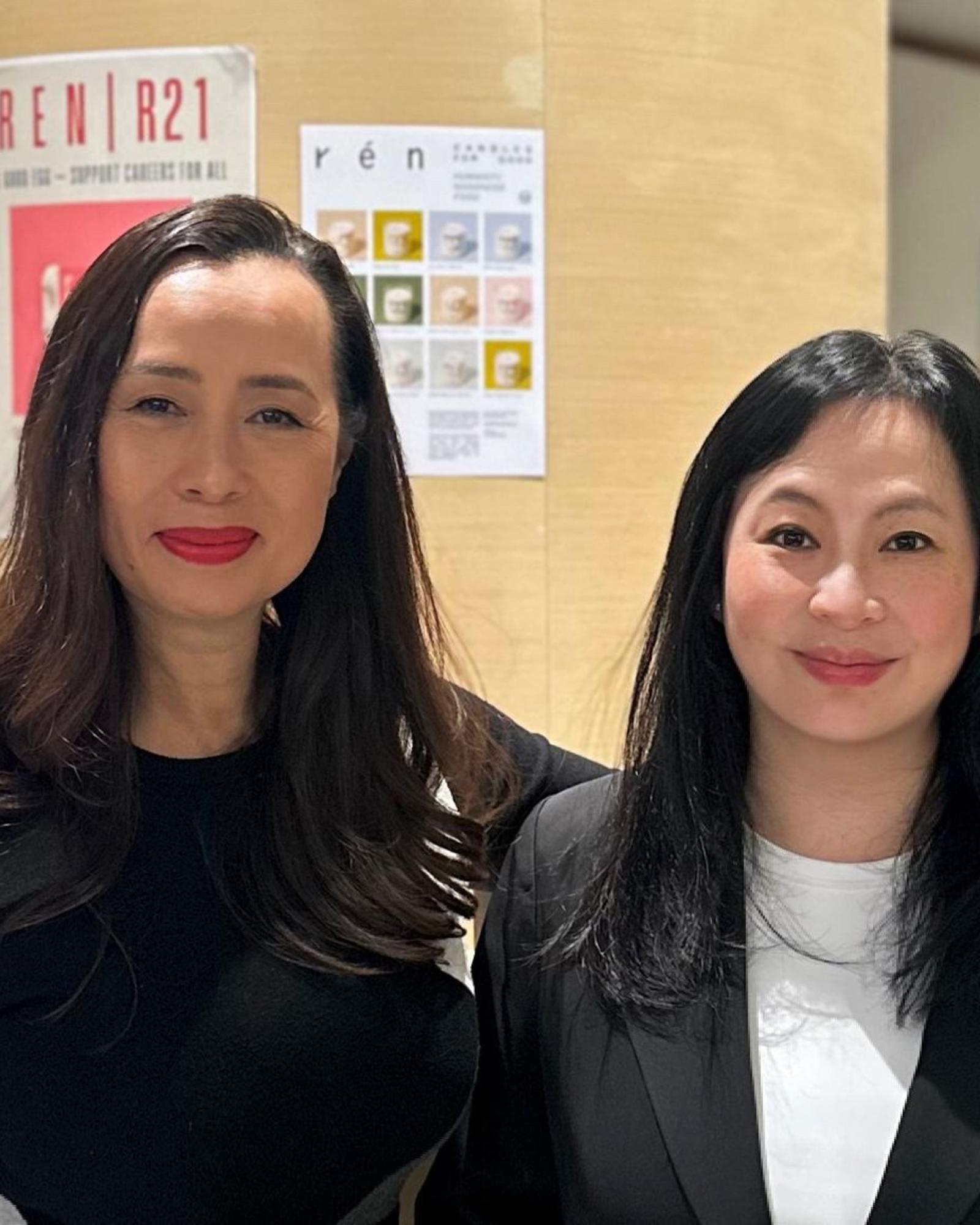Senior Manager of Vocational Training for People with Disabilities Office (VTPDO), VTC Shunlai Yang Sheds Light on Shine Skills Centre’s Collaborative Work with r é n
The institution provides vocational training for hundreds of young people with disabilities every year across its three campuses.

For the past five years, the Vocational Training Council (VTC) Group’s member institution Shine Skills Centre has worked with r é n founder Jo Soo Tang in their mission to educate, train and place young people from age 15 and above with disabilities in employment. Together, our working relationship continued to blossom as VTPDO Senior Manager Shunlai Yang joined Shine three years ago, having worked in VTC for 30 years in the area of vocational training for young people.
“Our mission is to help people with disabilities to obtain the necessary skills in order to find employment on the market,” Shunlai says. “We want to make sure that they’re able to be independent, which in turn enhances their family and community experiences.”
As of writing, r é n has placed roughly 50 students who have graduated from Shine’s three different campuses across Kwun Tong, Tuen Mun and Pokfulam. The institution was founded in 1968, and now takes on approximately 600 students a year across all three government-funded centres.
“r é n has placed many of our students over the years,” Shunlai recounts. “What makes Jo so great is that even after placement, she’ll work with our kids and the employers to make sure they’re settling in well and that the working environment suits them, because our graduates might not always feel comfortable when put in a new workplace. Jo and I had always had a great working relationship, and our collaboration continues to be smooth.
“One particularly memorable case r é n has helped us with involved a student here who was unfortunately paralyzed in a car accident. r é n helped to place him in an accounting firm, working five days a week with tasks like data entry. The employer worked closely with Jo to make sure that the nature of the student’s work and the environment he was in would fit his abilities and personality well. It’s important that while potential employers are able to offer our students positions through r é n, we’re also able to find the right candidate to fill those roles and allow their skills and career to truly flourish.”

Compared to three decades ago, Shunlai says that Hong Kong has come a long way in how we perceive or offer opportunities to those with disabilities, but naturally, there’s always room for improvement.
“The government has been talking a lot about inclusion lately, and this is a great thing to see,” Shunlai tells us. “Many employers are actually well-prepared and ready to take on employees with different needs nowadays. Even though there are various ESG guidelines or laws that may require them to hire our graduates, it takes more than just the top of a company to be ready – the whole company hierarchy needs to be on the same page, from potential managers to fellow colleagues, and that requires education and cultivation. But compared to 30 years ago when I first started, we have really come a long way. There’s always going to be an ongoing need to improve this aspect, but it’s undeniable that we have gotten better by leaps and bounds over the past three decades, and we must continue in this direction. Parents need to learn to trust and let go of their children and allow them to be independent and fulfil their potential, while employers need to give them more opportunities and be more accommodating in their workplaces. These are the ways in which we can continue to improve our society for people with disabilities and create a more inclusive community.”

